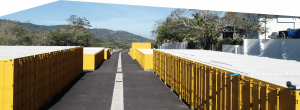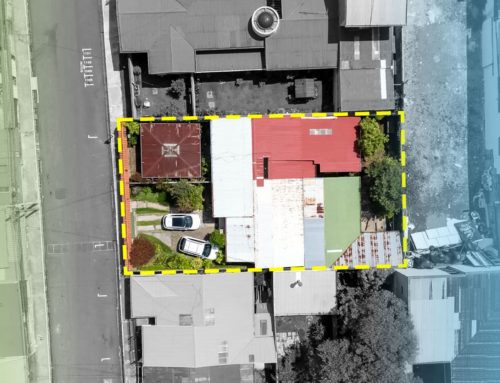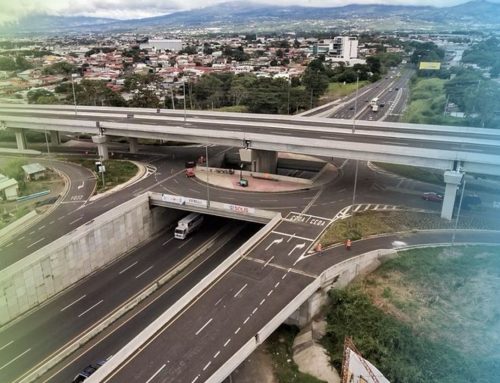In Costa Rica, the specific regulations and requirements for the operation of commercial warehousing (warehouses, industrial buildings and storage facilities) may vary depending on the location, size and purpose of the facility.
It is critical for companies and their users to understand the differences between these types of facilities and to ensure that they comply with all applicable regulations, both in terms of safety, licensing and permits necessary to carry out their operations legally and efficiently.
Warehouse vs Industrial Warehouse vs Storage Facility
It is important to understand the differences between a warehouse, an industrial warehouse and a storage facility within commercial warehousing.
- A warehouse generally refers to a more basic storage space, used to store products and goods on a temporary or short-term basis.
- The industrial warehouse is a more robust and specialized structure designed specifically for industrial activities, such as manufacturing, processing or product assembly.
- A storage facility can be considered a broader term that encompasses both warehouses and industrial buildings, and refers to any location used for storage and inventory management.

What is an Ofibodega in Costa Rica?
In the context of Costa Rica’s free trade zones, an “Ofibodega” is a storage and industrial facility that complies with the specific requirements and regulations established by the government to operate within these designated areas. These facilities offer a number of tax and commercial advantages for the companies operating in them.
Benefits of the Ofibodegas in Free Trade Zones for commercial warehousing
Operating from an Ofibodega in a Costa Rican free trade zone offers a number of significant benefits for companies. These may include:
- Tax exemptions.
- Investment incentives.
- Access to international markets.
- Quality infrastructure and logistics facilities.
- Possibility of establishing in a dynamic and export-oriented business environment.
Among others.
Ver esta publicación en Instagram
Requirements to Operate in Free Trade Zones in Costa Rica
To take advantage of the benefits of commercial warehousing in a Costa Rican free zone, companies must comply with certain requirements established by the corresponding authorities. These requirements may include
- Compliance with customs regulations
- Payment of specific tariffs and duties
- Submission of periodic reports
- Compliance with labor and environmental regulations, among others.
Platforms and Ceiling Height
Commercial warehousing infrastructure in Costa Rica’s free trade zones is usually equipped with loading and unloading docks to facilitate the efficient movement of goods. In addition, ceiling heights in these facilities tend to be considerable, allowing for vertical storage of products and maximizing the space available for warehousing and distribution operations.
It is important to take all of these variables into consideration if you want to invest wisely.
If you want to invest in this type of facility, do not hesitate to do so with our expert advisors in commercial and development properties.








